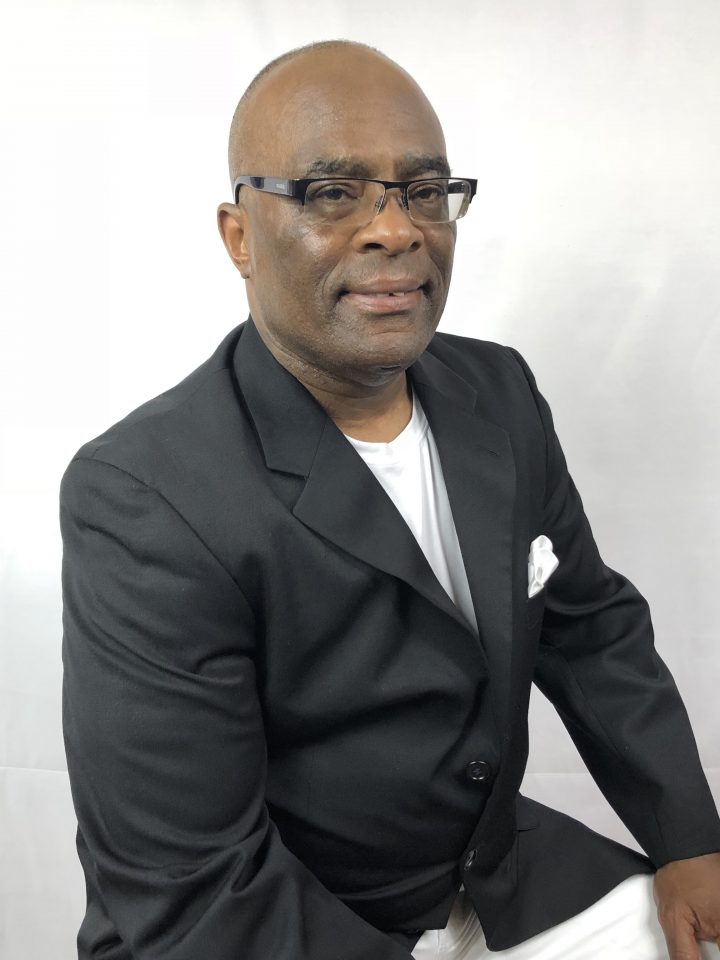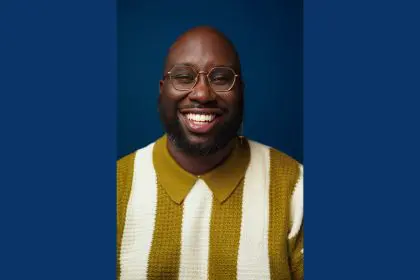
Lawrence Kenyatta has dedicated his life to working in the field of substance abuse prevention, treatment and recovery. Having witnessed the devastation that drug abuse has caused his community, he advocates and educates individuals across the state of Michigan about the consequences of substance abuse. He is executive producer of two documentaries, Fratricide I and Fratricide II, which examine the cause of Black-on-Black murder.
He is scheduled to be one of the featured speakers during the Black Men’s Healing Conference: Solutions to the Opioid Epidemic” organized by the Detroit Recovery Project Friday, Sept. 14, in Detroit.
Before the conference, Kenyatta spoke to rolling out about the impact of the opioid crisis on Black men and communities.
Why is this conference important when it comes to healing men in the Black community?
The men’s healing conference is important to this day and time because the current state of the Black community is in a crisis mode. The Black community is being overrun by several vices that include alcoholism, violence, and other substances, which include opioid addiction. The solution to many of these problems that the Black community faces can be solved when the Black male takes his rightful place in the community with his family. It is important to have this conference so that the Black male can continue to have an ongoing process to heal and recover.
How would you describe the opioid addiction epidemic’s impact on the Black community?
The opioid epidemic has continued to have a damaging impact on the Black community. Dating back to the late 1970s and the early 1980s, the opioid epidemic was mostly affecting young Black inner-city males concentrated in Chicago, Detroit, St. Louis and New York. There was no crisis or epidemic in America until the opioid crisis started to spill over into suburban and rural America. Statistics from the Center for Disease Control and Prevention continue to report that escalation of the Black male overdosing from opioids has increased by 41 percent. The opioid crisis continues to have a damaging effect on the Black community.
What can health professionals do to provide education through community organizations about health and the opioid epidemic?
Healthcare professionals must continue to educate the community and other organizations about the negative and potentially lethal consequences of the opioid addiction and epidemic that is taking place in the community. Healthcare professionals must continue to advocate and research for effective treatment models to combat this opioid epidemic and to provide clients with the most evidence-based treatment to achieve successful outcomes.
How does economics play a role in the opioid addiction epidemic?
Economics play a huge role in the opioid epidemic. The high demand for heroin from suburban Whites has increased the drug flow into urban America, causing the street drug activities to become profitable, making it an option for someone to sell pills that cost as much as $20 to $30 on the black market, while a bag of heroin sells for $10 or less. With the loss of the industrial-based economy in urban America, the drug culture economy becomes a viable option for our youth on the street.
What is the emotional language that men should be aware of and communicate better?
Black men have historically been told to suppress their emotions because expressing them emotionally was considered in urban culture to be unmanly or weak. Therefore, Black males suppress their emotions and feelings. This men’s health conference gives them the opportunity to open up and express their emotions and learn to express their feelings better.
What recommendation do you have for health checkups and developing better health regimens for Black men?
All men, especially Black men, should regularly have a thorough and complete medical health screening, especially as Black men tend to get older. It is important to develop and establish a trusting, ongoing relationship with a doctor and other health providers and make and keep regular appointments. This must be a priority. It is also important to develop a healthy diet and eliminate any unhealthy and illegal drug usage.















